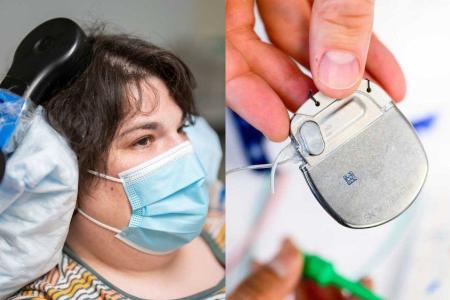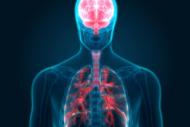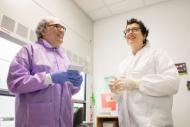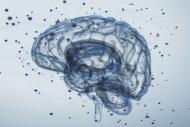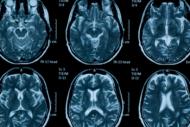Protein engineers and neurobiologists at UCSF have teamed up to create a biological light saber — an engineered protein that can slay specific cells simply by exposing them to light.
UCSF researchers have identified a protein that links alcohol consumption with structural changes in one of the “reward centers” in the mouse brain.
The mechanisms by which the brain regulates breathing are still a mystery, one that UCSF physiologist Kevin Yackle is tackling with the latest tools of molecular biology.
Researchers at UCSF have identified neurons in the human brain that respond to pitch changes in spoken language, which are essential to clearly conveying both meaning and emotion.
The Global Brain Health Institute has brought in its first class of Atlantic Fellows. The 32 fellows are taking a range of classes and pursuing projects with the goal of returning to their communities with knowledge and skills to implement changes impacting brain health.
The benefits of a good night’s sleep have become widely known, and now neuroscientists at UCSF have discovered that the animal brain reinforces motor skills during deep sleep.
Scientists at UC San Francisco have found that administering a fragment of the klotho protein to young, aging or impaired mice rapidly improves their cognitive and physical performance.
Rare deletions or duplications of about 600 genetic “letters” in a region on chromosome 16 confer a high risk of autism spectrum disorders (ASDs) and other neurodevelopmental conditions.
To improve the quality of life for neurology inpatients, a panel of experts, led by UCSF neurologist S. Andrew Josephson has released quality measurements.
Ying-Hui Fu, a UCSF professor of neurology and a pioneer in the study of sleep and genetics, explains the science behind strange sleep patterns and shares why shut-eye is more important than you think.



